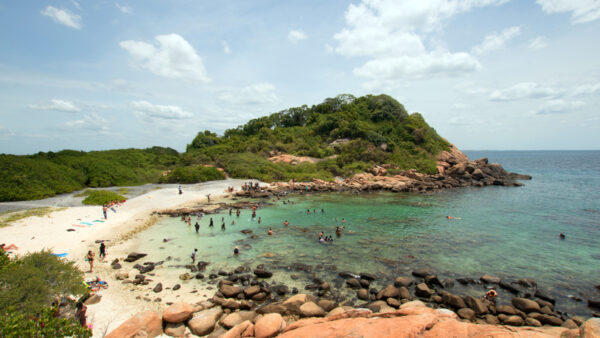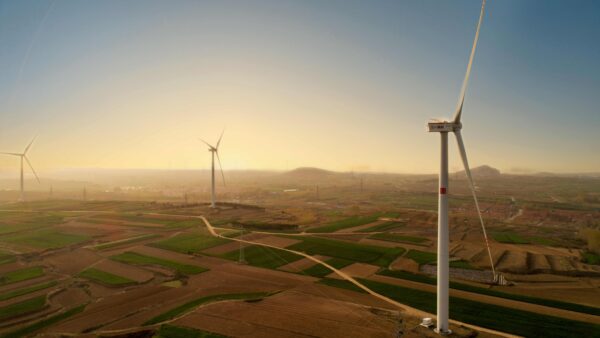The Republic of Niger, which is ranked last among the 187 countries on the UN’s Human Development Index, is close to completing a drive to secure funding for its first ever hydroelectric project, which development experts believe has the potential to transform its economy.
Last week, $190m in financing was agreed for the Kandadji dam on the Niger river. The project is expected to produce 130MW of electricity, which will double the country’s generating capacity and halve the amount of power that it presently imports from neighbouring countries.
Amadou Cissé Boubaca, the minister for planning, said earlier this month that this funding would cover the construction of the power plant, installation of power lines and the relocation of 40,000 people who will be affected by the dam.
Boubaca told Niger’s parliament in October that finance for the construction of the dam, estimated at about $1bn, would be entirely provided by loans from development funding organisations, including the World Bank Group’s International Development Association (IDA), which offers finance to very poor countries, the Islamic Development Bank, France’s AFD development agency and the Opec Fund for International Development.
The IDA increased its financing from $203m to $258m in June. Announcing the decision, Jamal Saghir, the World Bank’s director for sustainable development, said: “The Kandadji Project will deliver clean, low-cost hydropower and optimise development impact for Niger and the entire Niger River Basin. The project’s focus on securing a new source of renewable electricity will boost access to social services, improve health and education, and help establish new economic opportunities needed to end poverty and boost shared prosperity in Niger and beyond.”
According to the website French China, sources in the Nigerien capital of Naimey said that construction work will begin in January and finish in 2017.
Although the project has been linked with Chinese company CGC Overseas Construction Group, no contractor is yet in place.
The dam, which is to be built 180km northwest of Niamey, was to have been built by the Russian state-owned hydroelectric specialist Zarubezhvodstroy, with completion originally scheduled for 2015. This $170m deal was cancelled after what Nigerien president Mahamadou Issoufou called “intolerable delays”.
As well as becoming the country’s main source of electricity, the dam will provide a 1.6 billion cubic metre reservoir that will provide the means to irrigate about 45,000ha of farmland, as well as water for drinking, sanitation, grazing and fish farming.
On average, Niger suffers a drought that affects food production one year in two, so the boost to agriculture offered by the scheme will improve food security.
Niger is a landlocked country in northwest Africa, 80% of which is covered by the Sahara Desert. Most of its population is engaged in subsistence farming, however its economy has undergone rapid growth since 2011, thanks in large part to the rising global demand for uranium. Its principal developmental challenge is to curb population growth, presently running at 4% a year.
Comments
Comments are closed.











This very praiseworthy development is surely unlocking the human and the economic growth potential in Niger! However it could also serve as the correct way to lift other impoverished nations in Africa out of poverty!